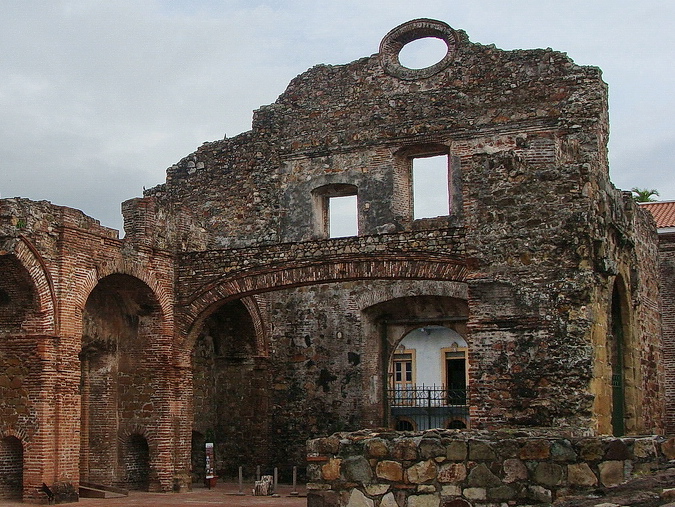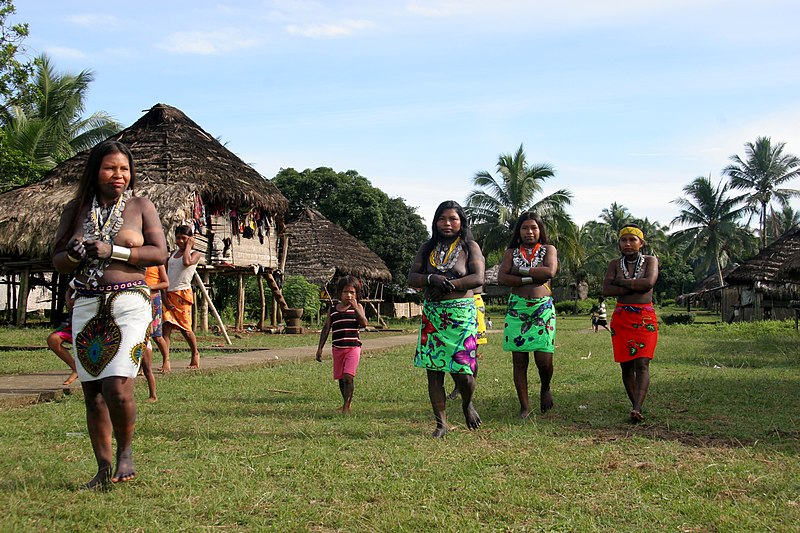Difference between revisions of "Adopting from Panama"
(→Who Can Adopt) |
(→Who Can Be Adopted) |
||
| Line 67: | Line 67: | ||
=Who Can Be Adopted= | =Who Can Be Adopted= | ||
| + | Because Panama is party to the Hague Adoption Convention, children from Panama must meet the requirements of the Convention in order to be eligible for adoption. In accordance with the Convention, the Central Authority of Panama determines whether possibilities for placement of the child in Panama have been given due consideration. In addition to Panama's requirements, a child must meet the definition of a Convention adoptee for you to bring him or her back to the United States. | ||
| + | |||
| + | |||
| + | '''ELIGIBILITY REQUIREMENTS:''' | ||
| + | |||
| + | |||
| + | Under Panamanian adoption law, [[adopted]] children do not need to be orphans, though their natural parent(s) must have legally abandoned them and/or have had their [[Parental Rights|parental rights]] terminated by a court. | ||
| + | |||
| + | |||
| + | '''[[Relinquishment]] Requirements:''' Only children who have been declared adoptable by Panama's judicial [[system]] can be [[adopted]]; [[relinquishment]] is contemplated during the Panamanian judicial process. | ||
| + | |||
| + | '''Sibling Requirements:''' Panamanian courts generally do not separate siblings. If a prospective [[Adoptive Parent|adoptive parent]] would like to [[adopt]] one child, they must [[adopt]] the child's siblings. | ||
=How to Adopt= | =How to Adopt= | ||
Revision as of 05:45, 8 April 2014
Contents
Hague Convention Information
Panama is party to the Hague Convention on Protection of Children and Co-operation in Respect of Intercountry Adoption ( Hague Adoption Convention ). Therefore, all intercountry adoptions between Panama and the United States must meet the requirements of the Convention and U.S. law implementing the Convention.
In order for an adoption application to meet the requirements of the Hague, a U.S. consular officer must review the case file and issue an "Article 5 Letter" to the Panamanian Central Authority before an adoption or grant of legal custody takes place. Therefore, prospective adoptive parents are cautioned to carefully follow in order the steps outlined in the "How to Adopt" Section below.
Currently, Panamanian laws also allow U.S. citizens who meet required eligibility requirements under Panamanian law to adopt under a "National" adoption process, which is a different process from the Hague intercountry process. Please note that any child adopted locally (i.e. outside the Hague Adoption Convention process described below) is not immediately eligible for an immigrant visa. Instead, the child must qualify for an immigrant visa as the child of the U.S. Citizen (IR-2). This visa category requires that the U.S. citizen adoptive parent fulfill a two year period of legal and physical custody in Panama prior to filing the petition for the visa to the United States. Additional information is available from U.S. Citizenship and Immigration Services ).
NOTE: Special transition provisions apply to adoptions initiated before April 1, 2008. Learn more .
Who Can Adopt
Adoption between the United States and Panama is governed by the Hague Adoption Convention. Therefore to adopt from Panama, you must first be found eligible to adopt by the U.S. Government. The U.S. Government agency responsible for making this determination is the Department of Homeland Security, U.S. Citizenship and Immigration Services (USCIS). Learn more.
In addition to these U.S. requirements for prospective adoptive parents, Panama also has the following requirements for prospective adoptive parents:
Residency
Panamanian courts allow U.S. citizens to adopt, however Panamanian citizens are given preference. There are no official residency requirements for adoption in Panama.
Age of Adopting Parents
There must be an age difference of at least 18 years and no more than 45 years between the prospective adoptive parent and the child.
Marriage
Prospective adoptive couples must have been married for at least two years.
Income
There is no minimum income requirement for prospective adoptive parents in Panama.
Other
No family line adoptions are allowed, meaning grandparents may not adopt their grandchildren and siblings may not adopt their minor siblings. Same sex couples are not permitted to adopt children.
Most adoptions of Panamanian children by U.S. parents take place in Panama. Less frequently, Panamanian courts may grant the U.S. citizens guardianship, allowing for adoption following the family's return to the United States. There are no legal impediments to granting guardianship, but the Panamanian court system generally discourages this practice.
Who Can Be Adopted
Because Panama is party to the Hague Adoption Convention, children from Panama must meet the requirements of the Convention in order to be eligible for adoption. In accordance with the Convention, the Central Authority of Panama determines whether possibilities for placement of the child in Panama have been given due consideration. In addition to Panama's requirements, a child must meet the definition of a Convention adoptee for you to bring him or her back to the United States.
ELIGIBILITY REQUIREMENTS:
Under Panamanian adoption law, adopted children do not need to be orphans, though their natural parent(s) must have legally abandoned them and/or have had their parental rights terminated by a court.
Relinquishment Requirements: Only children who have been declared adoptable by Panama's judicial system can be adopted; relinquishment is contemplated during the Panamanian judicial process.
Sibling Requirements: Panamanian courts generally do not separate siblings. If a prospective adoptive parent would like to adopt one child, they must adopt the child's siblings.
How to Adopt
Adoption Authority
The Process
Traveling Abroad
Applying for Your U.S. Passport
A valid U.S. passport is required to enter and leave Panama. Only the U.S. Department of State has the authority to grant, issue, or verify U.S. passports. Getting or renewing a passport is easy. The Passport Application Wizard will help you determine which passport form you need, help you to complete the form online, estimate your payment, and generate the form for you to print-all in one place.
Obtaining Your Visa
In addition to a U.S. passport, you also need to obtain a visa. A visa is an official document issued by a foreign country that formally allows you to visit. Where required, visas are attached to your passport and allow you to enter a foreign nation. To find information about obtaining a visa for Panama, see the Department of State's Country Specific Information.
Staying Safe on Your Trip
Before you travel, it's always a good practice to investigate the local conditions, laws, political landscape, and culture of the country. The State Department is a good place to start. The Department of State provides Country Specific Information for every country of the world about various issues, including the health conditions, crime, unusual currency or entry requirements, and any areas of instability.
Staying in Touch on Your Trip
When traveling during the adoption process, we encourage you to register your trip with the Department of State. Travel registration makes it possible to contact you if necessary. Whether there's a family emergency in the United States, or a crisis in Panama, registration assists the U.S. Embassy or Consulate in reaching you. Registration is free and can be done online.
After Adoption
What resources are available to assist families after the adoption?
Many adoptive parents find it important to find support after the adoption. Take advantage of all the resources available to your family -- whether it's another adoptive family, a support group, an advocacy organization, or your religious or community services.
Here are some good places to start your support group search:
Child Welfare Information Gateway
North American Council on Adoptable Children
Adoption Services Support Group for Adopting Persons
SOURCE
Intercountry Adoption, Bureau of Consular Affairs. U.S. Department of State Country Information









